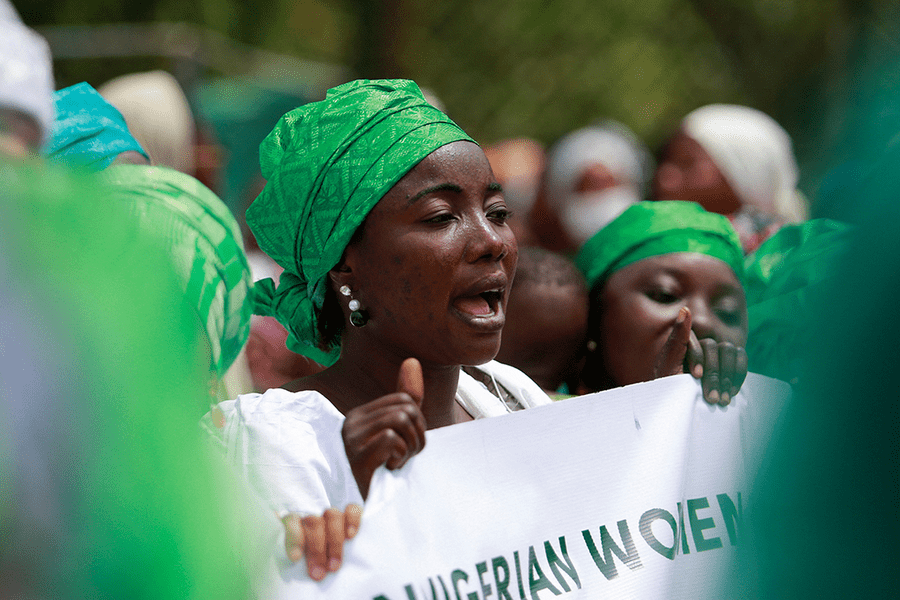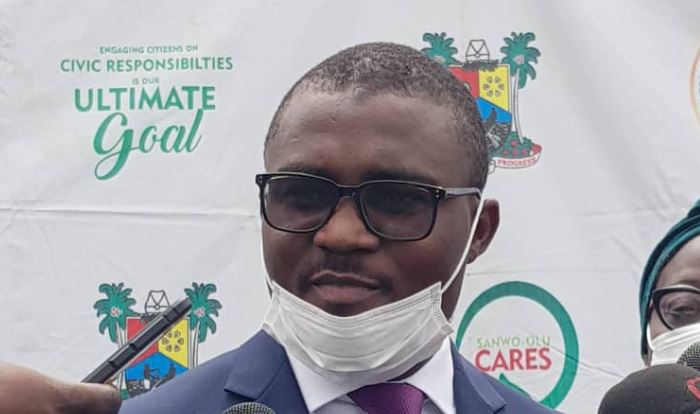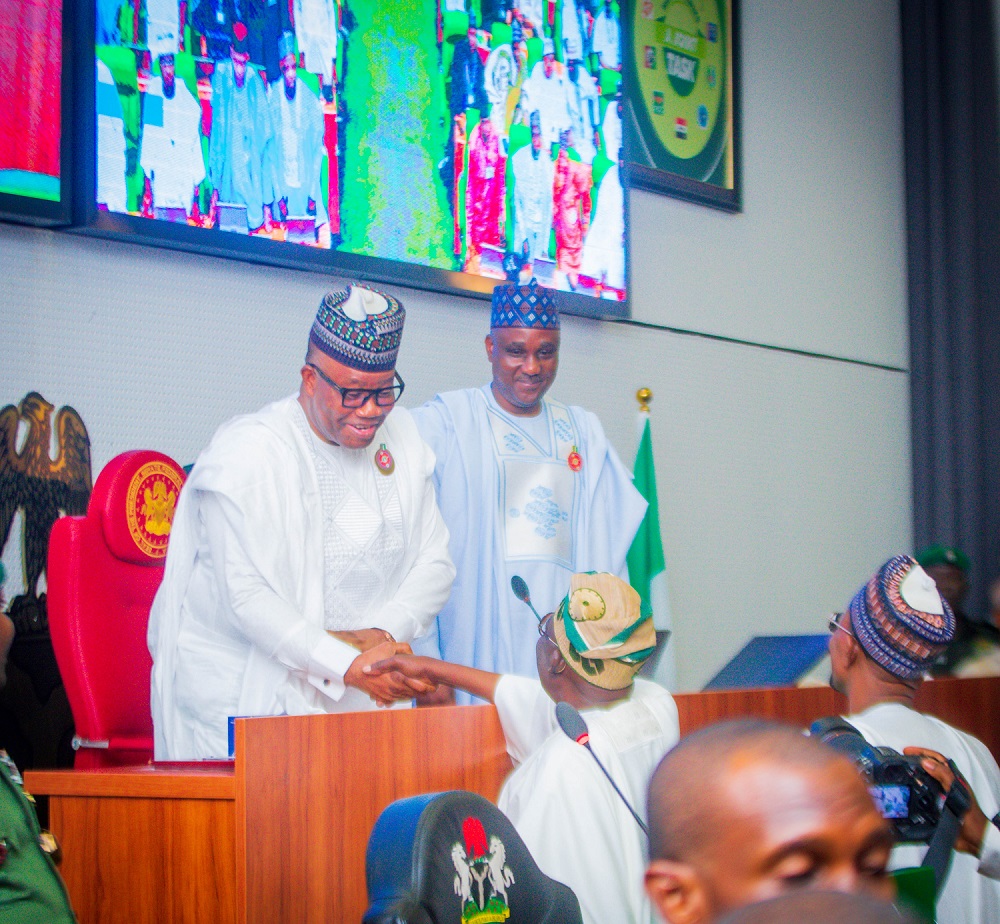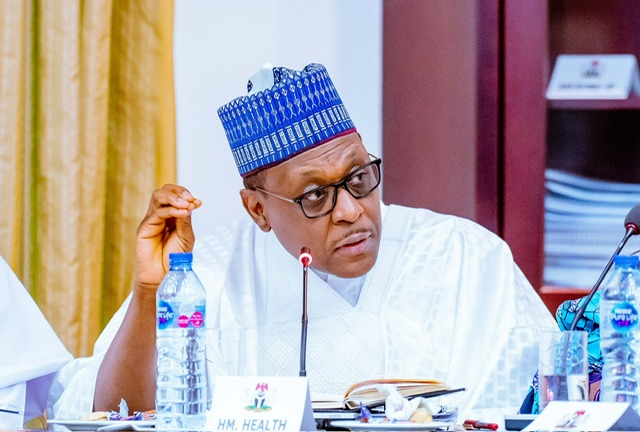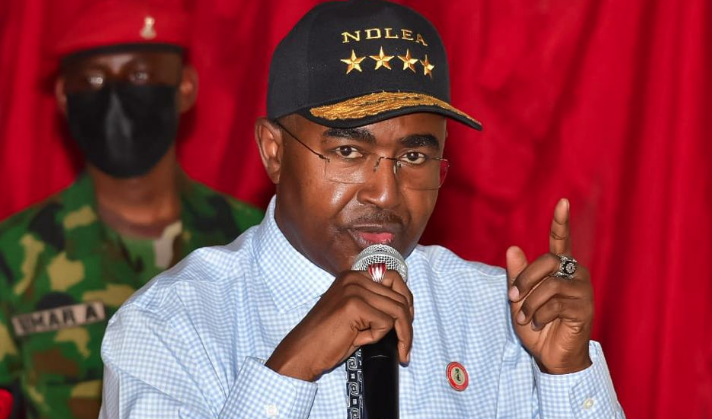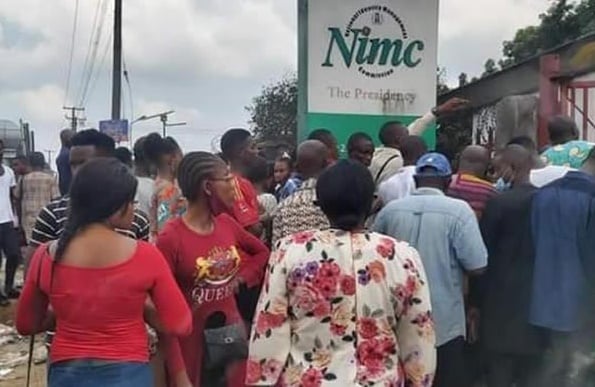The United Nations Women (UN Women) has called for an increase in women’s political participation in Nigeria.
Beatrice Eyong, UN Women representative to Nigeria and the Economic Community of West African States (ECOWAS), spoke on Tuesday at the national conference on women’s political participation in Nigeria.
The conference was organised in collaboration with the Centre for Democracy and Development (CDD) to assess women’s participation in the 2023 general election.
The Women’s Political Participation Working Technical Group and Women in Politics Forum were also partnered to organise the event.
Advertisement
Eyong said Nigeria has a long way to go in terms of gender equality in her political space.
Citing data released by the Independent National Electoral Commission (INEC) which shows that women made up 47.5 percent of the country’s 93.5 million registered voters, Eyong lamented that the female gender is still underrepresented in politics.
She said just about 10.1 percent of the candidates put up by political parties were female, and noting that the percentages of those elected to the national and state assemblies were four percent and five percent, respectively.
Advertisement
“These statistics are a clear indication that there is still a long way to go in terms of gender equality in Nigerian politics,” Eyong said.
“Our democracy is not truly representative unless it reflects the richness of perspective that both men and women bring to the table.
“So, we must delve into the root causes, social norms, cultural expectations and systemic barriers that limit the political agency of women.
“The role of political parties as vehicles to political power cannot be overstated; it is essential for them to prioritise inclusivity in their internal processes.
Advertisement
“Let us challenge parties to create an enabling environment and support qualified women.
“Nigeria is a signatory to the World Conference on Women in Beijing, which advocated 30 percent affirmative action and the National Gender Policy recommends 35 percent affirmative action .”
Speaking at the event, Idayat Hassan, CDD director, who was represented by Chibuike Mgbeahuruike, election team lead, said it is disheartening to see women who put in genuine effort, relegated to the background in Nigeria’s political landscape.
“Equally disconcerting is the fact that women who dared to contest in closely contested races faced disproportionate challenges,” Hassan said.
Advertisement
“Women who despite displaying commendable resilience, were met with insurmountable obstacles and unfair treatment.
“While these women champions focused on critical issues such as education, healthcare, and gender equality, the lack of substantive progress is alarming.
Advertisement
“It is disheartening to witness their genuine efforts overshadowed by the persistent unwillingness of the political landscape to embrace and champion their causes.
“Amidst this frustration, it is imperative to acknowledge and address the deep-rooted challenges that women candidates confront, including gender bias, unequal funding and disproportionate levels of disinformation and misinformation, which undermine their capacity and readiness to participate in the electoral process, either as candidates, voters or poll officials.
Advertisement
“The frustrating truth is that the road to equality and representation in Nigerian politics remains marred by systemic roadblocks that demand immediate attention and rectification.
“Only through acknowledging and rectifying these realities faced by women can we hope to forge a path towards a more inclusive and equitable political future.”
Advertisement
Add a comment
